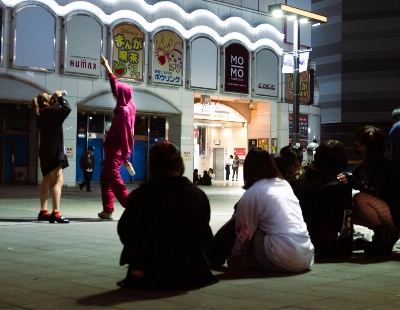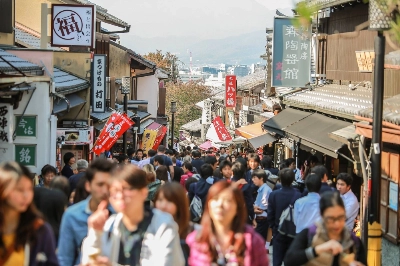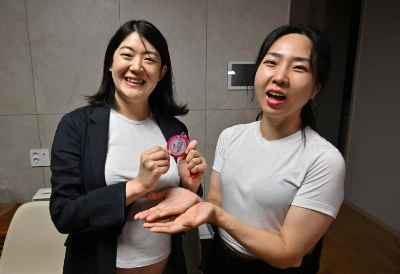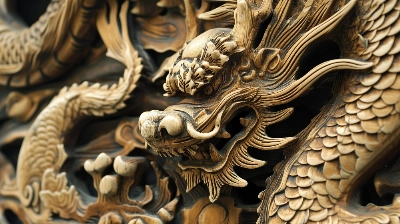SYDNEY -- They came, they saw and some even conquered, but Sydney was the undisputed winner as the Games drew to a close Sunday and the last medals were being decided. These Olympics will be exalted as the best Games ever.
It is a tired, old line that Atlanta only missed out because it was hard to declare the Olympiad the best when a bomber kills two people and injures 110, and transportation problems lock the event in traffic chaos.
Atlanta had to settle for just hosting the biggest Games ever.


















With your current subscription plan you can comment on stories. However, before writing your first comment, please create a display name in the Profile section of your subscriber account page.